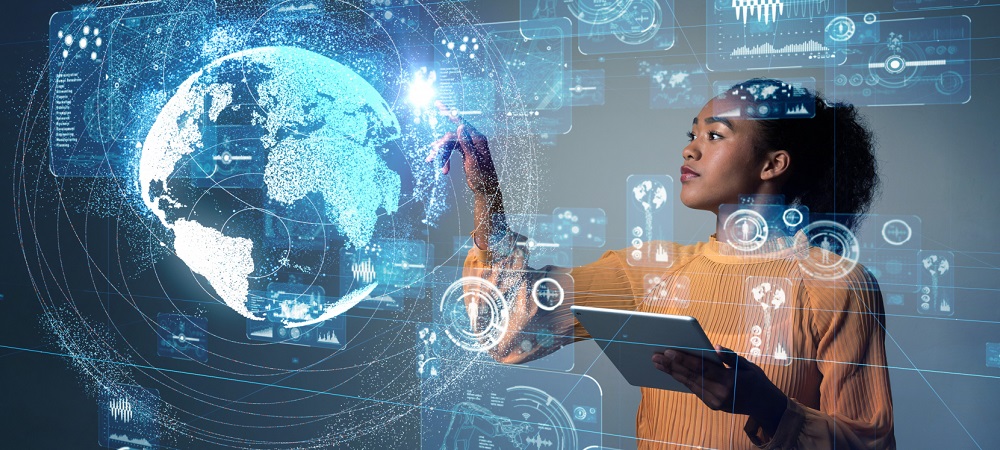We are heading fast towards a world of mobile supercomputers, intelligent robots, driver-less cars, Neuro-technological brain enhancements, genome editing…..and many more. Signals of these changes are found all around us and it is happening at exponential speed. We are at the threshold of a revolution that is fundamentally changing the way we live, work and relate to one another, the Fourth Industrial Revolution. It redefines the future of work, the future of education and we have to rethink how to learn in a world of exponential change.
This revolution is fundamentally different from the earlier ones because they had actually liberated us from animal power, made mass production possible and brought digital capabilities to billions of people. This is characterized by new technologies that are agglutinating the physical, digital and biological worlds, impacting all disciplines, economies and industries.
The future of work is going to be driven by global connectivity, smart machines, and new media by reshaping how we think about work, what constitutes work, and the skills we will need to be productive contributors in the future.
Jack Ma, the founder CEO of Alibaba, said that he wants to return to his former profession, teaching, but differently. “If we do not change the way we teach, 30 years from now we will be in trouble. The things we teach our children are things from the past 200 years – it is knowledge-based. And we cannot teach our kids to compete with machines, they are smarter.”
Ma goes on to say that instead, we should teach our kids sports, music, and the arts to make sure that they are different. Everything we teach should make them different from machines. “We should teach our kids values and skills that no machine can possess. Qualities like independent thinking, teamwork, and care for others will not just set students apart; they will ensure students can be valuable contributors to society in ways that make them irreplaceable.”
The need of the day is to shift from competition for knowledge to competition for creativity. If we continue to learn and behave like machines, then we will be replaced by them. As Alvin Toffler, the American writer and futurist, has said, “The illiterate of the 21st century will not be those who cannot read and write, but those who cannot learn, unlearn, and relearn.”
Leave a Reply Cancel reply
WhatsApp us

